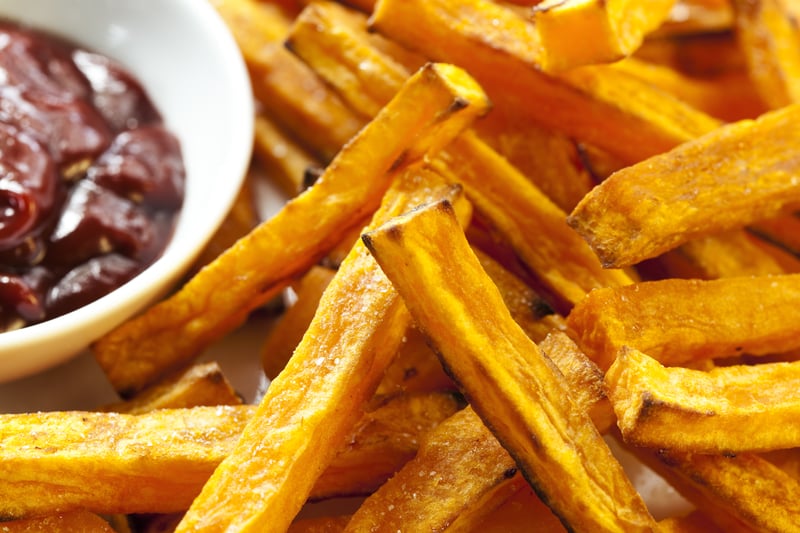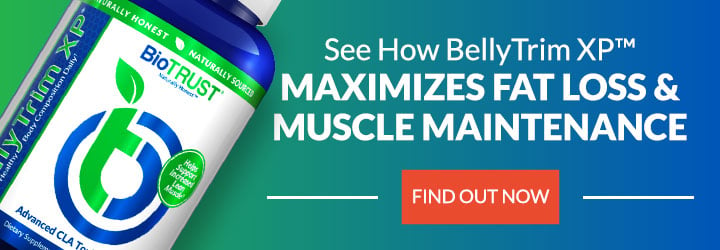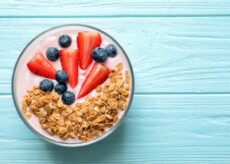Healthy Recipe: Yummy Baked Sweet Potato Fries

Do you love French fries? Me too! I mean, who doesn’t… salty, crispy, and highly palatable, French fries are one of those amazingly delicious foods that satisfy all kinds of cravings.
Unfortunately, most French fry recipes involve the food formerly known as a potato being deep fried in vegetable oil. That’s right, your health and waistline are going to pay a VERY costly price to satisfy that craving for French fries. In fact, a modest serving (200 grams) of French fries contains:
624 Calories
82g of high glycemic carbs
30g of fat
And without a doubt, worst of all, French fries contain trans fats! Essentially, industrial-produced trans fats are like tobacco in the sense that they’re not beneficial in any amount. For instance, the Institute of Medicine (IOM) says that any intake of trans fats (above zero) will increase one’s risk for cardiovascular disease.1 Yikes!
Fortunately, you can still satisfy that hankering for a French fry snack with this healthy and delicious sweet potato recipe alternative.
Baked Sweet Potato Fries
Ingredients:
3 large sweet potatoes, peeled and sliced into wedges
1 tbsp of olive oil
½ tsp of sea salt
½ – 1 tsp of cinnamon
¼ tsp paprika
Directions:
1. Preheat the oven to 400 degrees F.
2. In a mixing bowl, toss all ingredients (except the cinnamon) until the potato wedges are evenly coated with oil and spices.
3. Place on a baking sheet, separated evenly, and then sprinkle cinnamon on top as desired. Bake for 30 minutes or until done.
Nutrition Facts per serving (200 grams):
274 Calories
39g of lower glycemic carbs
9g of healthy fats
And best of all: NO trans fat!
Next time you’re in the mood for French fries, give this healthy and delicious baked sweet potato fries recipe a shot. You’ll save 350 calories while completely avoiding the health-derailing trans fats, vegetable oils, and high glycemic carbs found in typical French fry recipes.





